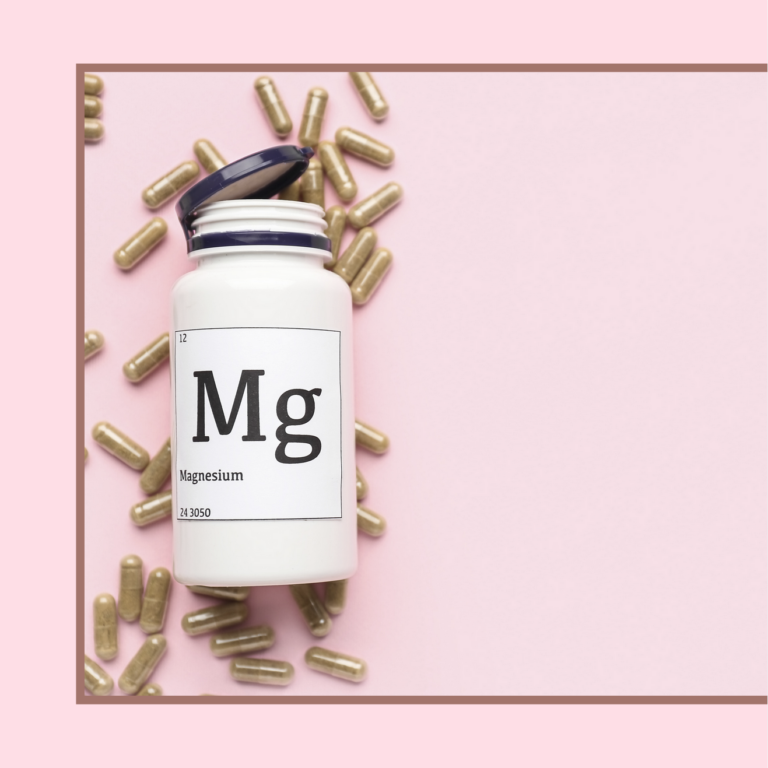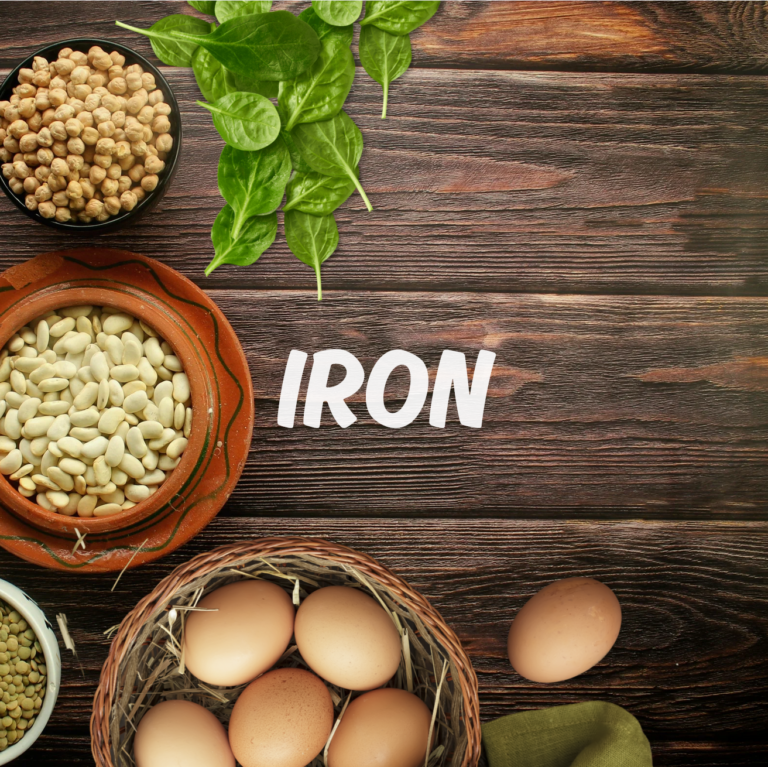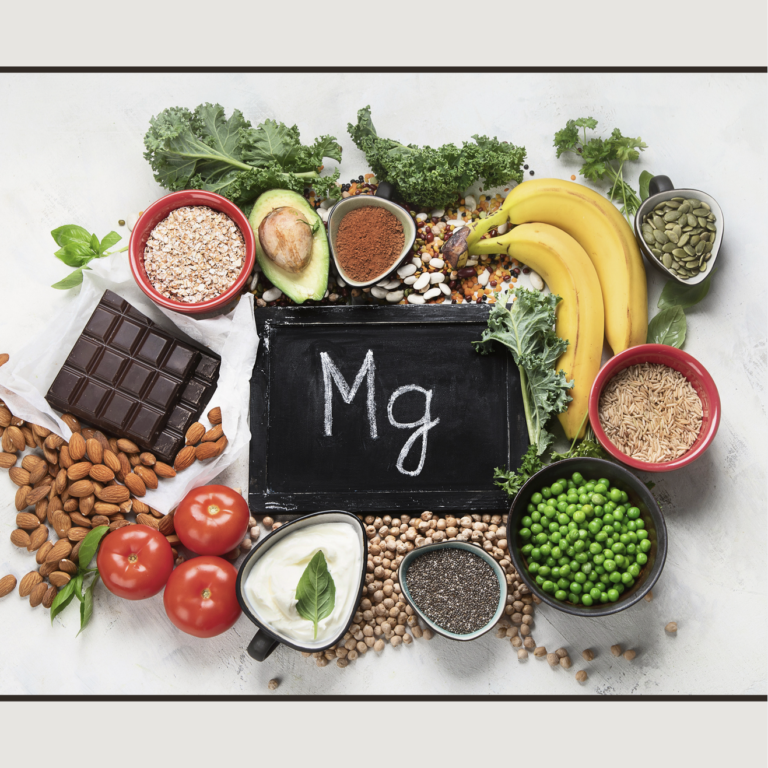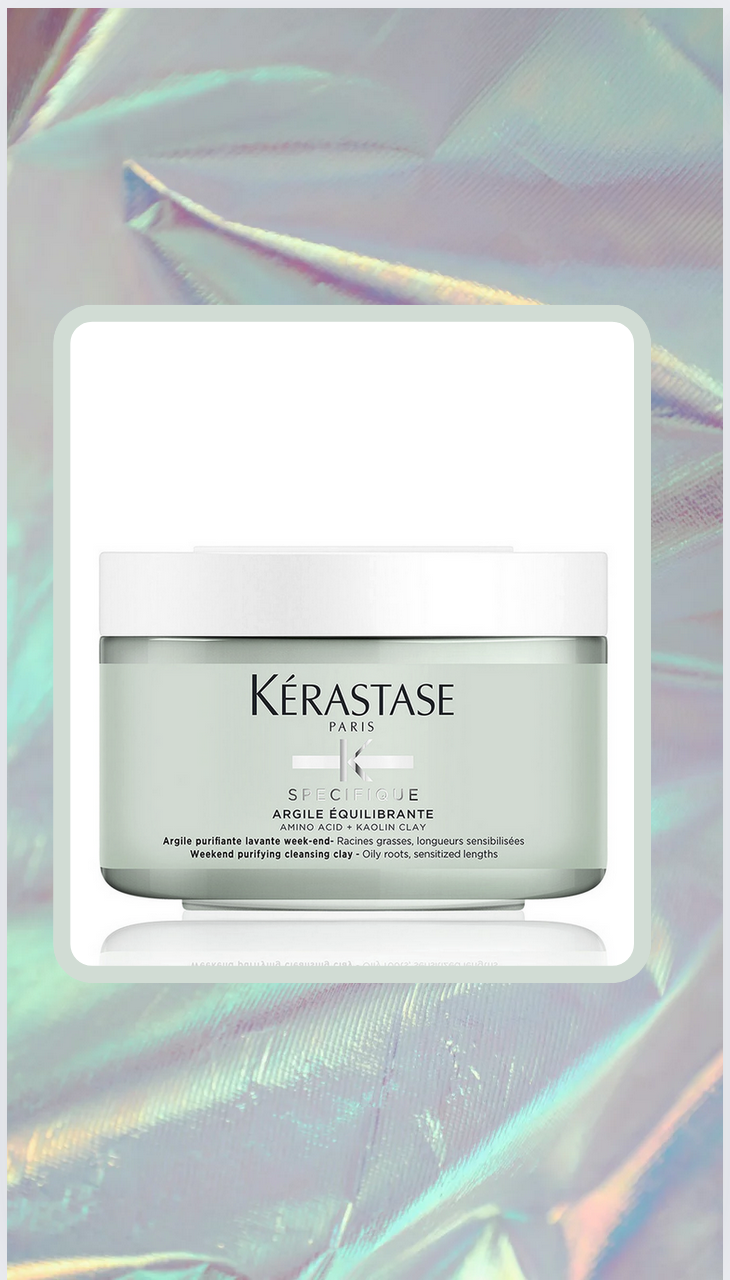The Common Cold: What You Can Do to Feel Better Faster
Ah, the common cold—a universal nuisance that tends to catch us off guard. This upper respiratory infection affects adults around 2 to 5 times annually. Most of us are familiar with the usual advice from doctors: drink plenty of fluids, get rest, and manage your symptoms. But what else can you do? What supportive measures might actually help you recover faster or even prevent a cold in the first place? Let’s take a look at some effective tools and therapies you can include in your cold-fighting toolbox.
Zinc: A Cold-Shortening Hero
Zinc may be one of the most effective supplements for fighting the common cold. Research has shown that zinc supplementation may help reduce the risk of catching a cold, and some studies suggest that it can even shorten the duration of symptoms by a third. The average duration of a cold is 5-10 days, so we’re talking days. This is a pretty significant effect of Zinc’s action.
Vitamin D in Cold Prevention
Vitamin D levels play a crucial role in overall immunity. In fact, one study found that taking up to 4,000 IU of vitamin D per day significantly increased the likelihood of staying infection-free. When it comes to the common cold, the data is less clear—there’s limited evidence suggesting that vitamin D can affect the severity or frequency of colds like zinc. However, considering its overall benefits for the immune system, taking a moderate daily dose of 1,000 IU can be a safe and helpful addition to your routine!
Vitamin C: Not a Cure, But Still Helpful
You might be surprised to learn that regularly taking vitamin C doesn’t seem to prevent colds. However, it can help reduce the duration and severity of cold symptoms if you do catch one. That said, the reduction in symptom duration found in studies is only about 8%, which really is not that significant. If I had to pick between vitamin C or zinc, I’m grabbing the zinc from the cabinet. Still, for those looking for every possible edge in fighting a cold, vitamin C can be worth considering, especially when paired with these other measures.
Echinacea: An Herbal Approach
Echinacea has long been a popular natural remedy for the common cold, and recent studies have shown that it may be most effective when used prophylactically. The key to echinacea’s effectiveness seems to lie in the dosage. Studies have suggested taking 2,400 mg per day for prevention and increasing this to 4,000 mg per day during the early stages of a cold. This approach may help reduce the recurrence and severity of respiratory infections, making it a useful part of your cold-prevention toolkit.
Final Thoughts
In the battle against the common cold, no single remedy is a guaranteed cure-all. However, supportive measures, in the order of: zinc, vitamin D, echinacea, and vitamin C, can help bolster your defenses and reduce the impact of cold symptoms. The next time you feel a scratchy throat or runny nose coming on, consider reaching for one (or more) of these supplements to see if they can help you feel better faster. And, of course, don’t forget the basics: drink plenty of fluids, rest, and listen to your body.
Take care of yourself and stay healthy!
Perna, S., Nichetti, M., Faliva, M., Allegrini, P., Riva, A., Avanzato, I., Lamburghini, S., Miccono, A., Rondanelli, M., & Peroni, G. (2018). Self-Care for Common Colds: The Pivotal Role of Vitamin D, Vitamin C, Zinc, and Echinacea in Three Main Immune Interactive Clusters (Physical Barriers, Innate and Adaptive Immunity) Involved during an Episode of Common Colds—Practical Advice on Dosages and on the Time to Take These Nutrients/Botanicals in order to Prevent or Treat Common Colds. Evidence-Based Complementary and Alternative Medicine, 2018(2018), 1–36. https://doi.org/10.1155/2018/5813095







